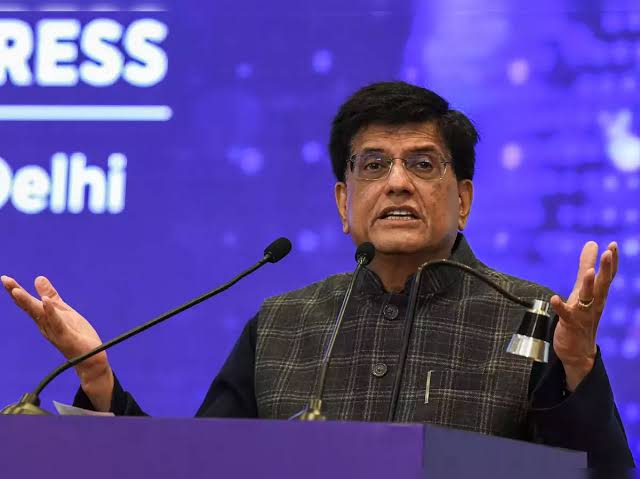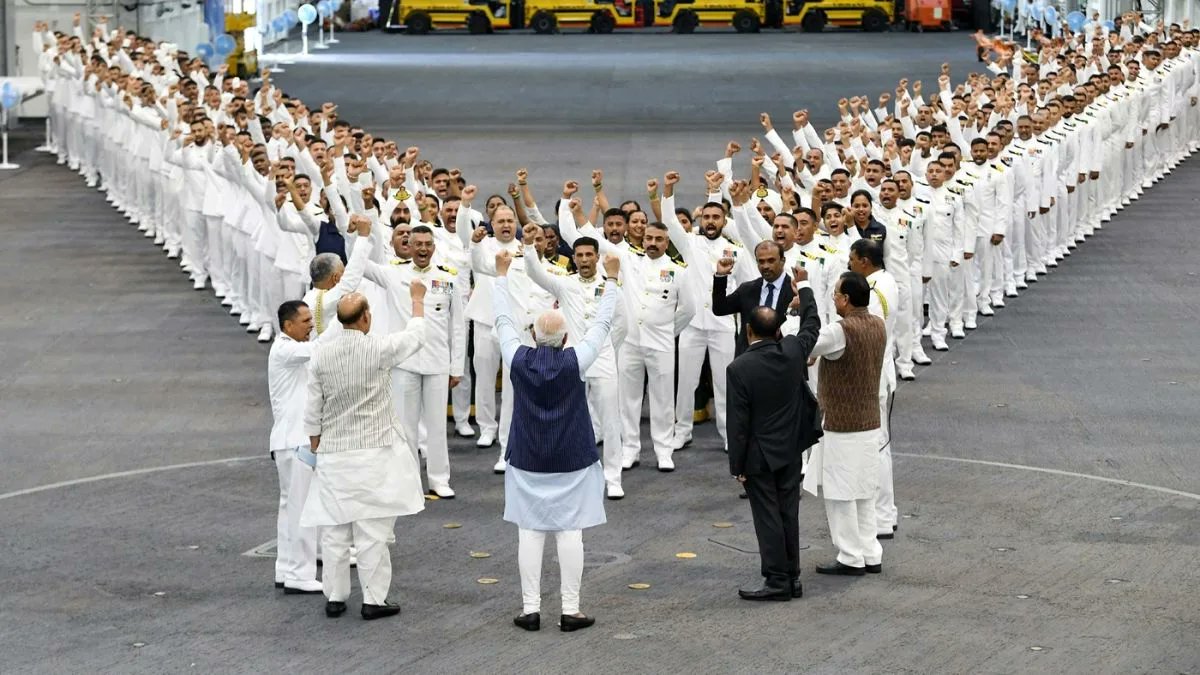The Indian Cabinet, led by Prime Minister Narendra Modi, recently approved the “One Nation, One Election” (ONOE) proposal, a significant move towards holding simultaneous Lok Sabha and state assembly elections. This initiative, aimed at reducing election costs and logistical complexities, comes after a report by a high-level committee chaired by former president Ram Nath Kovind was submitted to the Union Cabinet.
 Although there’s anticipation about the bill being tabled in the winter session of Parliament, government sources have indicated no pressure to rush the proposal. Instead, they aim to build a consensus among political parties before moving forward.
Although there’s anticipation about the bill being tabled in the winter session of Parliament, government sources have indicated no pressure to rush the proposal. Instead, they aim to build a consensus among political parties before moving forward.
Prime Minister Modi emphasized that the approval reflects an effort to strengthen India’s democracy by making it more vibrant and participatory. He praised Kovind for leading the consultations that laid the groundwork for the proposal. The idea of synchronized elections has been a topic of discussion for decades, with earlier reports advocating for its return after the practice ended in the late 1960s.
Despite the Cabinet’s approval, the proposal faces opposition from several political parties, including Congress and Shiv Sena (Uddhav Balasaheb Thackeray), who argue that such a move undermines democratic principles and federalism. AIMIM leader Asaduddin Owaisi expressed concerns, claiming that ONOE compromises the constitution’s fundamental structure.
On the other hand, supporters within the BJP argue that ONOE would be cost-effective and ensure smoother election management. Union Home Minister Amit Shah emphasized that the reform would lead to more efficient use of resources, and Union Minister Ashwini Vaishnaw outlined a phased plan for implementation. This would include holding national and state elections simultaneously in the first phase, followed by local body elections in the second phase, within 100 days of the general elections.
This proposal is expected to create a heated political debate, with both sides firmly defending their positions.




